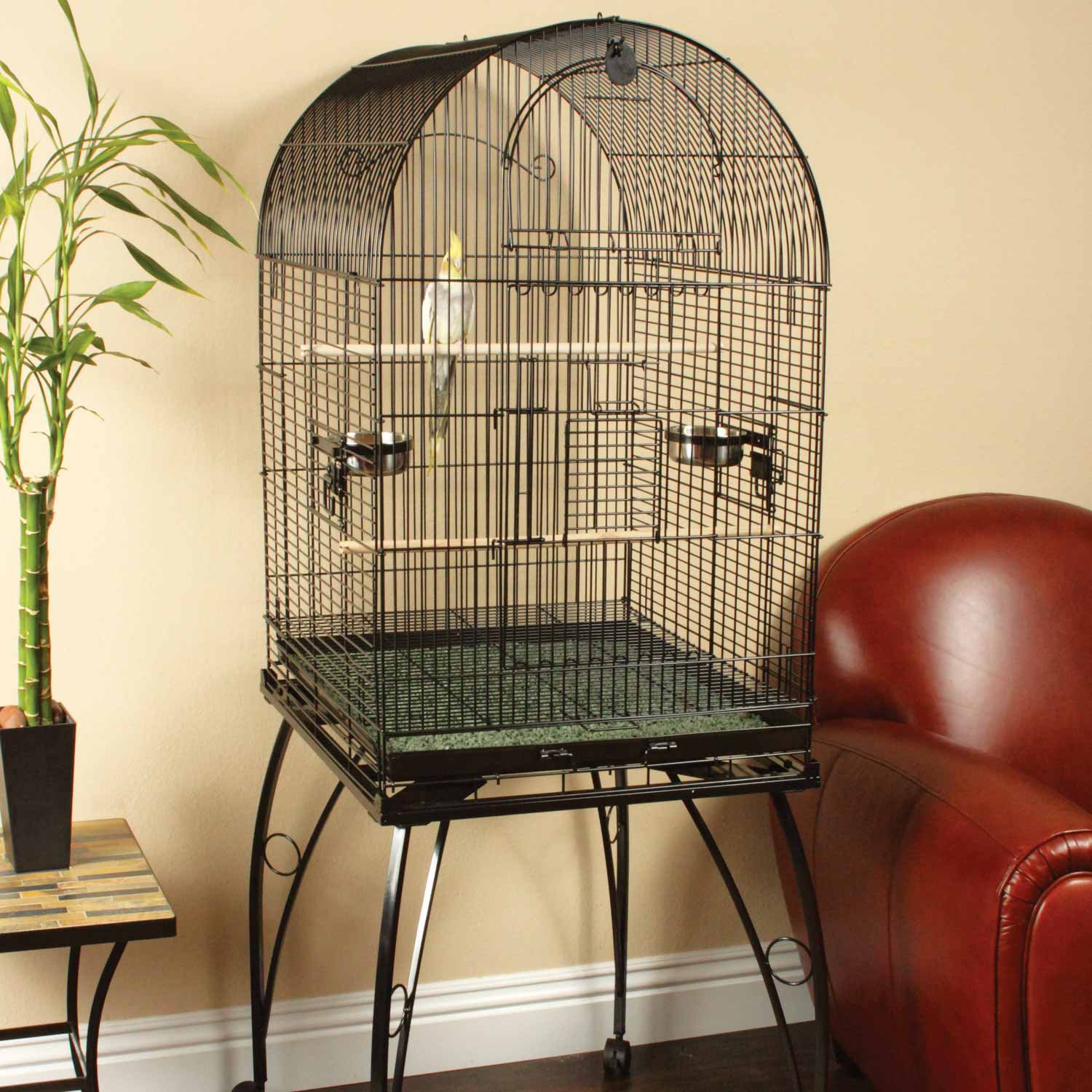Ensuring your pet bird gets enough rest is essential for their well-being. One important aspect of this is knowing when to cover their cage. Covering your bird’s cage helps regulate their sleep-wake cycle, reduces stress, and promotes overall health.
This guide will provide you with comprehensive information on the optimal times to cover your pet bird’s cage, considering factors such as species, light exposure, and potential exceptions. By understanding these guidelines, you can create a restful and healthy environment for your feathered friend.
Recommended times for covering pet bird cages
Recommended times for covering pet bird cages
Covering your pet bird’s cage is an important part of providing them with a comfortable and safe environment. The optimal time to cover your bird’s cage depends on several factors, including the species of bird, the amount of light exposure they receive, and their individual sleep patterns.In
general, it is recommended to cover your bird’s cage at night for 10-12 hours. This will help them to get a good night’s sleep and prevent them from becoming overtired. During the day, you can leave your bird’s cage uncovered so that they can enjoy the natural light and interact with their surroundings.
However, if your bird is exposed to a lot of bright light, you may want to cover their cage for a few hours during the afternoon to give them a chance to rest.Some birds, such as cockatiels and budgies, are more sensitive to light than others, so they may need to have their cages covered for longer periods of time.
Other birds, such as parrots and macaws, are more active and may not need to have their cages covered as often.It is important to observe your bird’s behavior to determine the optimal covering time for them. If your bird seems tired or stressed, you may want to cover their cage for a longer period of time.
If your bird is active and playful, you may be able to leave their cage uncovered for longer periods of time.
Optimal duration for covering cages at night and during daytime napsThe optimal duration for covering your bird’s cage at night is 10-12 hours. This will help them to get a good night’s sleep and prevent them from becoming overtired. During the day, you can leave your bird’s cage uncovered so that they can enjoy the natural light and interact with their surroundings.
However, if your bird is exposed to a lot of bright light, you may want to cover their cage for a few hours during the afternoon to give them a chance to rest.
Exceptions and special considerations
Exceptions and special considerations

While adhering to recommended covering times is generally beneficial, there may be certain situations where adjustments are necessary. Understanding these exceptions and addressing them appropriately is crucial for ensuring your pet bird’s well-being.
Factors such as travel, illness, or changes in routine can impact bird sleep patterns. It is important to recognize these exceptions and adjust covering times accordingly.
Travel
When traveling with your bird, it may be necessary to adjust their covering schedule. During travel, birds may experience disruptions to their sleep-wake cycle due to changes in environment, noise, and light exposure. To minimize stress and ensure your bird’s comfort, consider covering their cage slightly later than usual to allow them to adjust to their new surroundings.
Illness
Illness can significantly affect a bird’s sleep patterns. Sick birds may require more rest and may need to be covered for longer periods. Monitor your bird’s behavior closely and adjust their covering time as needed to provide them with the necessary rest and support.
Changes in routine
Changes in routine, such as a new sleep schedule or a different caretaker, can disrupt a bird’s sleep patterns. In these situations, it is advisable to gradually adjust the covering time to allow your bird to adapt to the new routine.
Patience and consistency are key to helping your bird adjust and maintain a healthy sleep schedule.
Additional tips and best practices
Additional tips and best practices

Providing a comfortable and restful environment for pet birds is essential for their well-being. In addition to covering their cages at night, there are several other tips and best practices to consider.
One important factor is creating a dark and quiet sleep space. Light can disrupt a bird’s sleep, so it’s best to use a light-blocking cover or blackout curtains over the cage during nighttime hours. This will help ensure your bird gets the rest it needs.
Quiet and Peaceful Sleep Space
Another important aspect is providing a quiet and peaceful sleep space for your bird. Avoid placing the cage in a noisy or high-traffic area of your home. If possible, create a designated sleep area where your bird can retreat to for rest and relaxation.
By following these tips, you can help create a comfortable and restful environment for your pet bird, ensuring it gets the quality sleep it needs to stay healthy and happy.
Last Point
Remember, every bird is unique, and their sleep needs may vary slightly. By observing your bird’s behavior and adjusting the covering times as needed, you can ensure they get the rest they need to thrive. Providing a comfortable and restful sleep environment is a crucial aspect of responsible pet ownership, and it will contribute to your bird’s overall happiness and well-being.
Frequently Asked Questions
How long should I cover my bird’s cage at night?
Most birds require 10-12 hours of uninterrupted sleep at night. Covering their cage during this period helps ensure they get the rest they need.
Can I cover my bird’s cage during the day?
Yes, you can cover your bird’s cage during the day for short periods, especially if they are napping or seem stressed. However, prolonged daytime cage covering can disrupt their natural sleep-wake cycle.
What if I need to travel with my bird?
When traveling with your bird, it’s important to adjust their covering schedule gradually to minimize stress. Start by covering their cage for shorter periods leading up to the trip.
My bird seems restless after I cover their cage. What should I do?
If your bird shows signs of restlessness after covering their cage, it could indicate that they are not getting enough sleep. Try adjusting the covering time or providing a more comfortable sleep environment.




